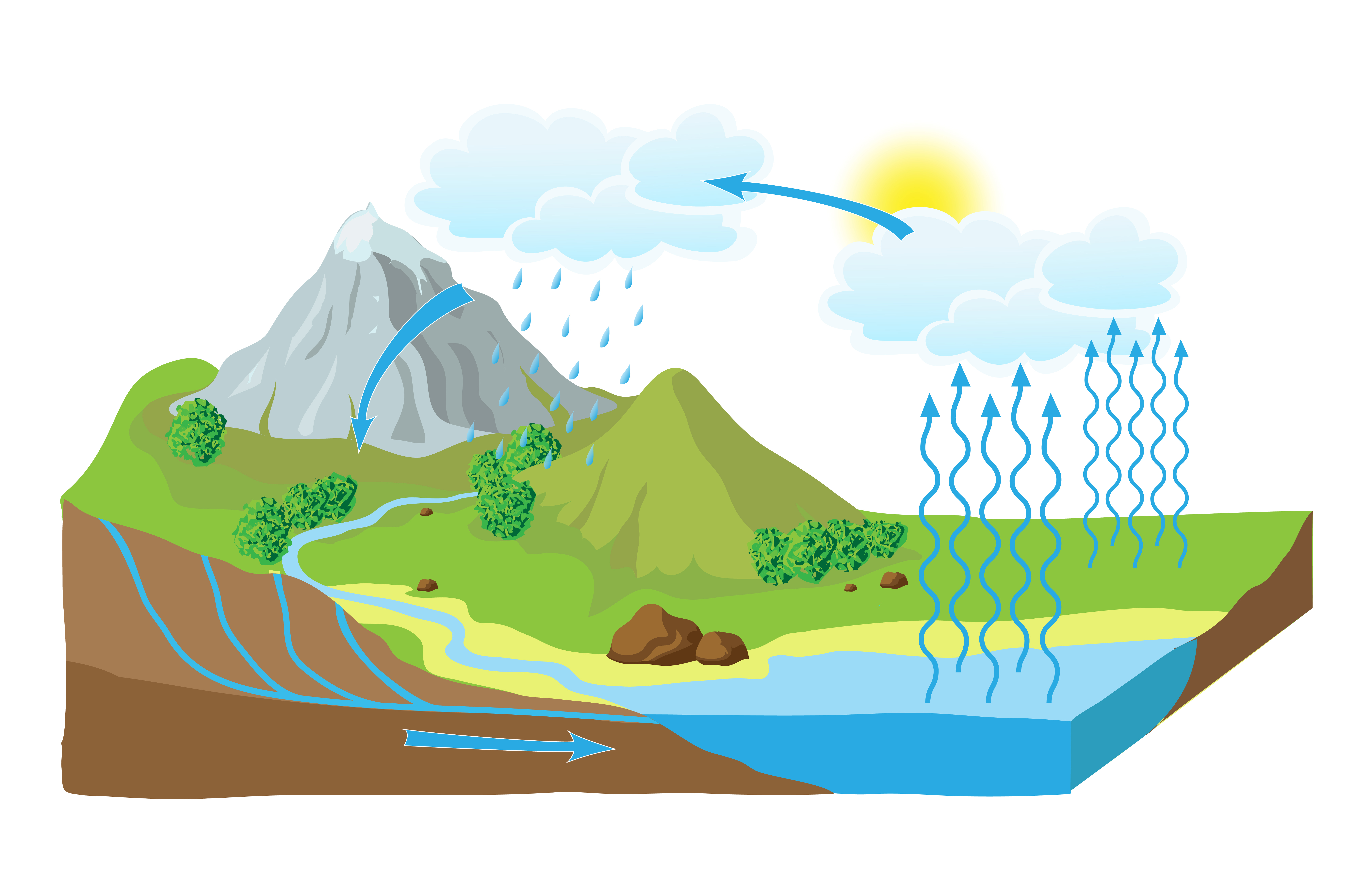Vocabulary enhancement Physical Science Worksheets for Ages 5-6
5 filtered results
-
From - To
Explore our engaging Vocabulary Enhancement Physical Science worksheets designed specifically for children ages 5-6. These interactive activities introduce essential terminology related to physical science concepts, helping young learners expand their vocabulary while developing critical thinking skills. Each worksheet is thoughtfully crafted to be visually appealing and age-appropriate, encouraging kids to connect vocabulary with real-world phenomena. From simple definitions to fun illustrations, our resources make learning enjoyable and memorable. Support your child's educational journey and instill a love for science with our comprehensive worksheets that foster language development and scientific inquiry. Start enhancing vocabulary today and watch your child's confidence soar!
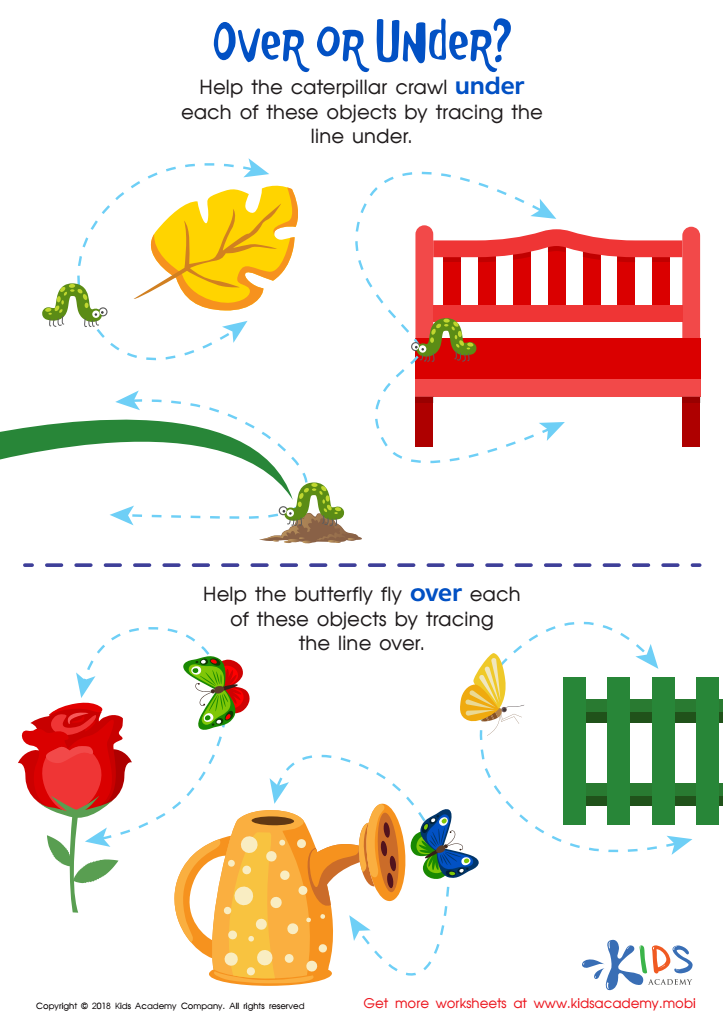

Over or Under? Worksheet
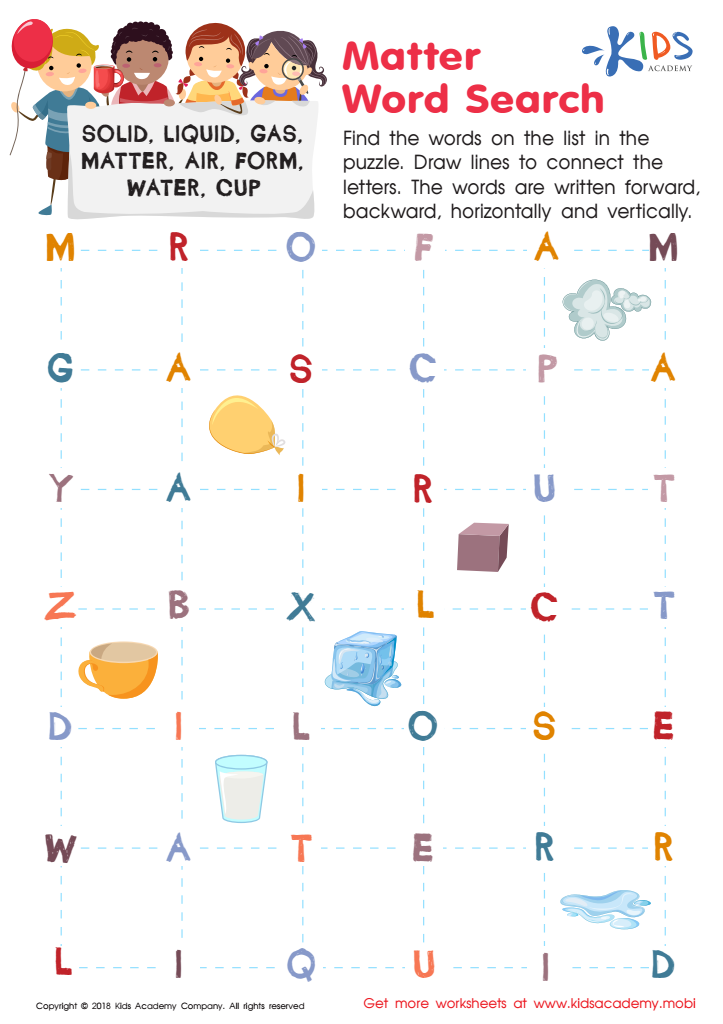

Matter Word Search Worksheet
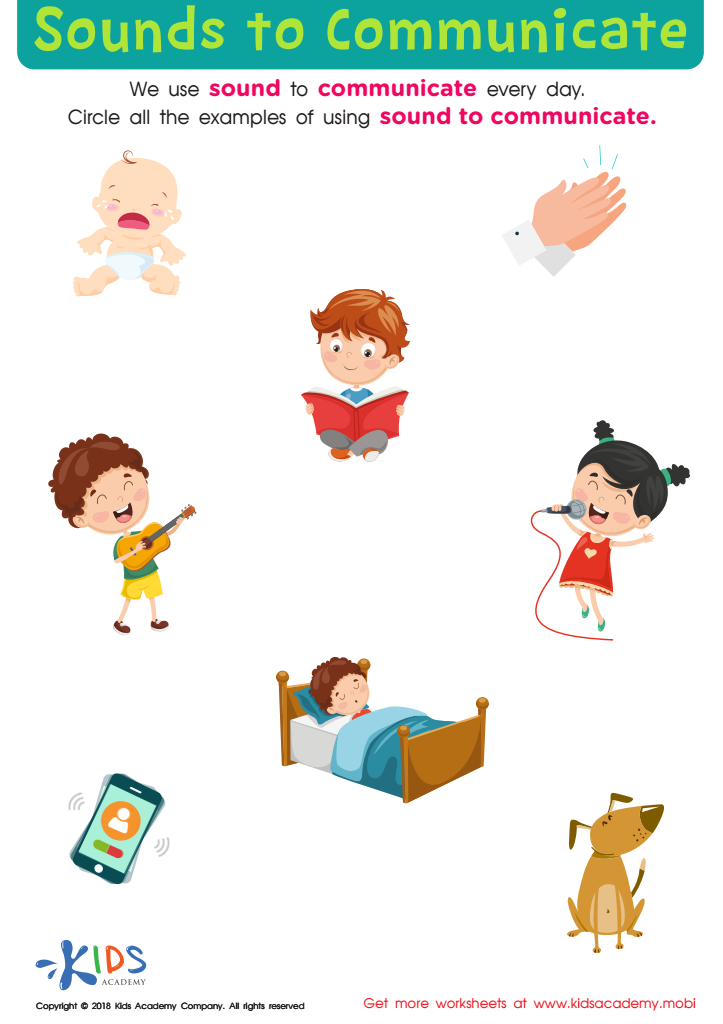

Sounds to Communicate Worksheet
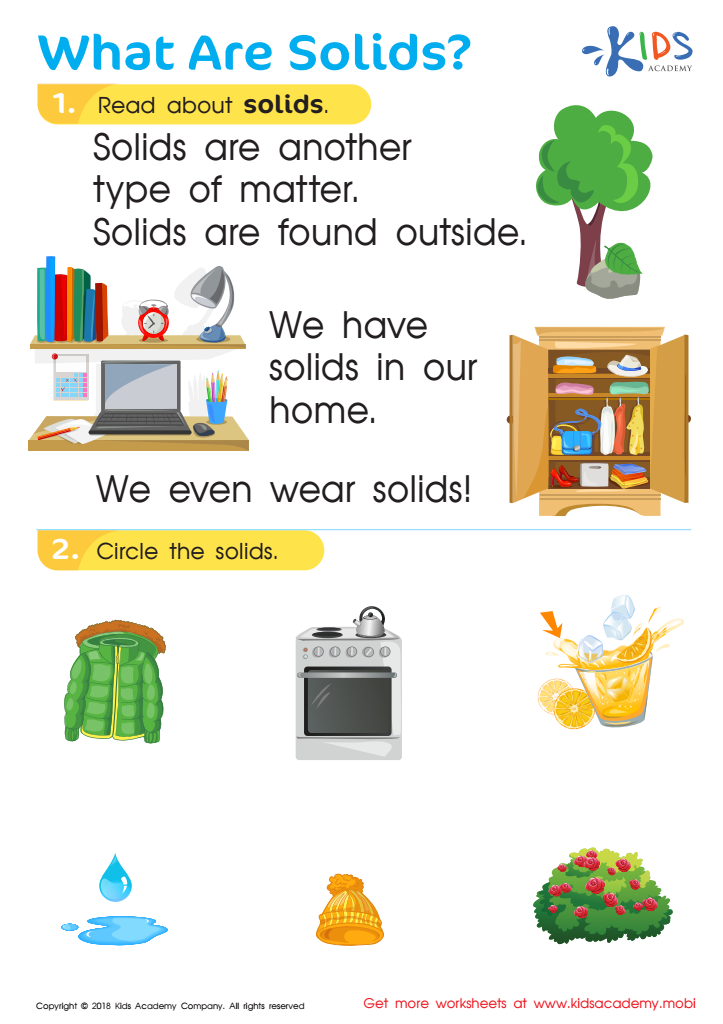

What Are Solids? Worksheet
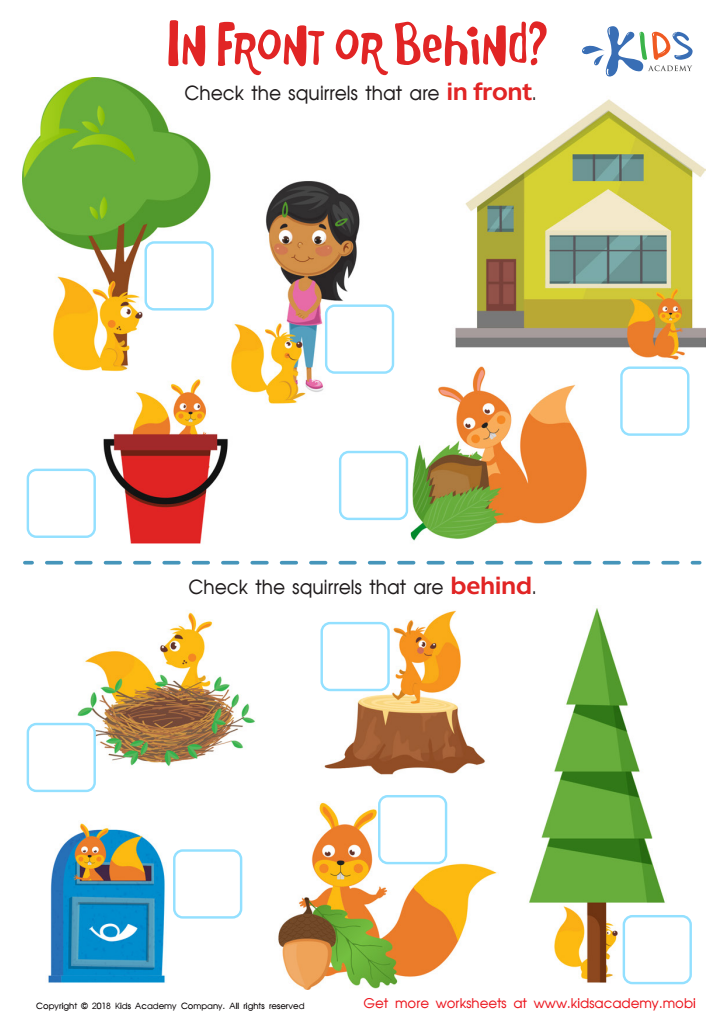

In Front or Behind: Part 2 Worksheet
Vocabulary enhancement in Physical Science for children aged 5-6 is vital for several reasons. At this age, children are naturally curious about the world around them, and enriching their vocabulary allows them to express their observations and questions more effectively. Understanding scientific terms and concepts lays the groundwork for their future learning in science, cultivating not only awareness but also excitement about their surroundings.
When parents and teachers prioritize vocabulary in Physical Science, they help children make connections between new words and their everyday experiences. For instance, words like "matter," "force," or "energy" can be better comprehended through hands-on activities that relate to these concepts, fostering a more engaging learning experience. This, in turn, supports critical thinking and problem-solving skills, as children learn to categorize, compare, and connect ideas.
Furthermore, a strong vocabulary enhances reading comprehension, allowing children to engage with science-related texts and discussions more confidently. By introducing rich vocabulary early on, parents and teachers also promote a love for learning, equipping children with the linguistic tools they need for academic success in future years. Ultimately, investing in vocabulary enhancement during these formative years nurtures well-rounded, knowledgeable individuals who are prepared to explore the wonders of science.

 Assign to My Students
Assign to My Students





